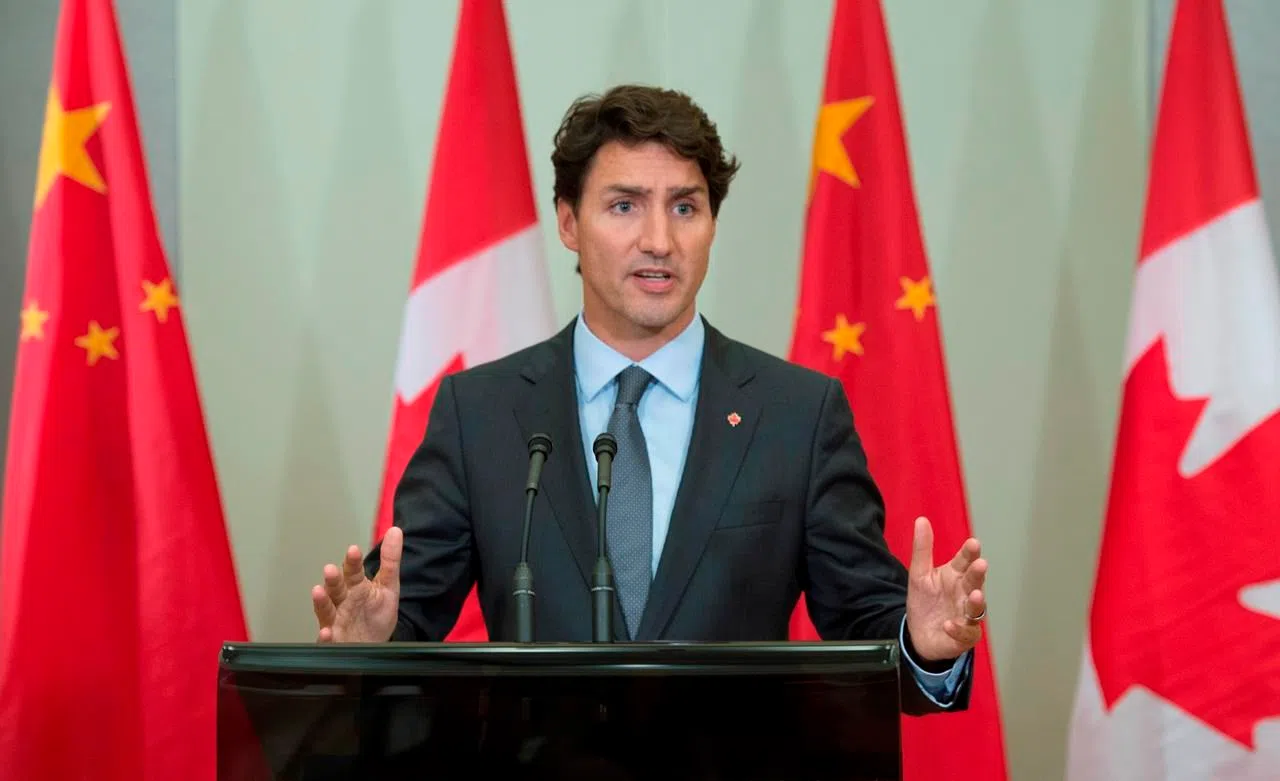
Trudeau says protectionist views in U.S., Europe unlikely to creep into Canada
HANGZHOU, China — Justin Trudeau spent days urging world leaders to fight back against rising anti-trade sentiments, but he says there’s little risk that protectionist forces seen in the United States and Europe will spill over into Canada.
The prime minister, who made the remarks Monday at the end of the Group of 20 summit in China, said he believes Canadians in every demographic group broadly support positive engagement with the world.
“I’d be very careful and hesitant to apply situations that might be described in other countries to Canadians because we’ve seen Canadians are — and all demographic groups combined — generally open and positive and optimistic about the future,” Trudeau told a news conference in the eastern Chinese city of Hangzhou.
The Canadian delegation at the G20 wove the theme of talking up trade into all their discussions with G20 peers, Trudeau said.


